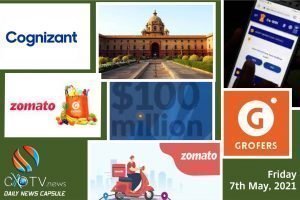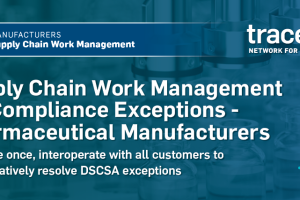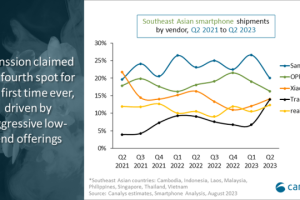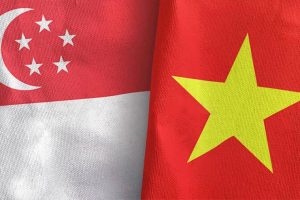Says, Manish Shah, the Co-founder and CEO, BigDecisions.com and an IIM Ahmedabad alumnus. Shah started BigDecisions after spending 15 years in financial services with leading finance companies like Citigroup and AEGON Religare in India and abroad. Manish Shah in conversation with Ekta Srivastava, Health Technology…
Launched in early 2013, BigDecisions.com is a financial services advisory platform that was acquired by News Corp in December 2014. BigDecisions helps middle income Indians with their big financial decisions using transparent data backed tools, videos and written content ensuring they’re not always dependant on experts for advice. Over 25 lakh users have used this free platform to make better decisions with respect to their life and health insurance, savings for goals like retirement and their children’s education and their real estate and home loans choices using Online calculators. It partners transaction platforms like PropTiger, Paisabazaar, FundsIndia (to name a few) to allow for a seamless, end to end user experience.
What is the concept underlying BigDecisions.com? Any model that you emulate?
We aim to provide a better starting point for middle income and mass affluent Indian consumers who’d like to be much more in control of their big, financial decisions rather than always depend on others for advice. It’s not about replacing but complementing a good financial advisor
What’s your vision for BigDecisions.com and how affordable it is for Indians?
Our vision is to help grow the market for financial services businesses by getting consumers to understand their needs better. Take health insurance for example – while the focus is often on people who don’t have any coverage, there’s an equally large problem of people being underinsured or under prepared for healthcare costs. At the moment, they aren’t even in the market looking for a solution because they don’t believe there is a problem in the first place. By giving them access to tools and information they don’t always have access to, Bigdecisions aims to put power back in the consumer’s hands to be in control of their decision making
Our services are free for users, and almost 3 million people have done so already
What are the most pressing challenges for health insurance companies in India?
While there are several, our view is that the biggest challenge is people not understanding their own needs. If a consumer truly needs a health plan of say, 10 lakhs in an expensive city like Mumbai or Delhi to be well protected against treatment costs and has only 3 and still believes they don’t need any more insurance, there’s a problem. So, in effect the bigger issue is not competition but inertia and lack of appreciation of the problem itself
How has technology adoption impacted your operations?
Technology is at the core of our offering. blending 3rd party data with algorithms and then making them available for users to use across devices is fundamental to our offering
In what ways can Information Technology help fill the gap between insurance companies, TPAs and hospitals?
Fundamentally, better sharing of data in real time of things like treatment costs of particular ailments (so that bench marks are easily available) coupled with patient specific records / information sharing should all go a long way in making the whole claims process easier. As a consumer, it would be so much easier if the hospital directly sent all the requisite data about a procedure to the insurer so that the consumer does not have to run pillar to post in non cashless cases to produce evidence of the expense incurred. This is an example of the many improvements that IT can bring
What are your expectations from the government?
We’d like to see more convergence in the regulatory framework. Middle class consumers often buy or consider products from different industries like Mutual funds, life insurance and banking products for the same needs like say, planning for a future goal like retirement and yet the products themselves have widely different rules and regulations. Keeping the consumer at the centre of it all rather than taking an industry by industry approach is probably an idea who’s time has come.




























